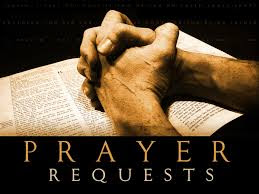Q: I noticed that your congregation observes “Rosh Hashannah.” In Lev. 23, I see that God calls this date “Yom T’ruah.” Why the one and not the other?
A: This festival has a number of different names. It is called Yom ha Din, the Day of Judgment. It is called Yom ha Zikkaron, the Day of Remembrance. It is called Rosh Hashanah, the Head of the Year. And it is called Yom Teruah.
The Jewish community, as a whole, refers to this day by the name Rosh Hashanah. Because we invite and pray for the Jewish community to come to our services, we use the name with which they are most familiar. During the service, however, the message contains a reminder that the Biblical name of the holiday that is being celebrated is, in fact, Yom Teruah, and the name Rosh Hashanah doesn’t appear anywhere in the Scripture.
Your question seems to imply that there may be two different holidays, though I don’t think that was your intention. There are simply different names for the same holiday. And there are many holidays that have that same situation, especially when you consider the English equivalents. For example, Shavuot vs. the Feast of Weeks vs. Pentecost. Sukkot vs. the Feast of Booths vs. the Feast of Tabernacles. The different names refer to the same day, though are understood differently by different groups. So it really depends on to whom you are speaking.
Therefore, we have chosen to relate to the Jewish community. The Christian community, by and large, wouldn’t know what Yom Teruah is anyway, so using that name would not tell anyone that we are celebrating a Biblical holiday, anyway. However, most people recognize the name Rosh Hashanah. So people come to a Rosh Hashanah service, and they learn the true Biblical name and understanding.

